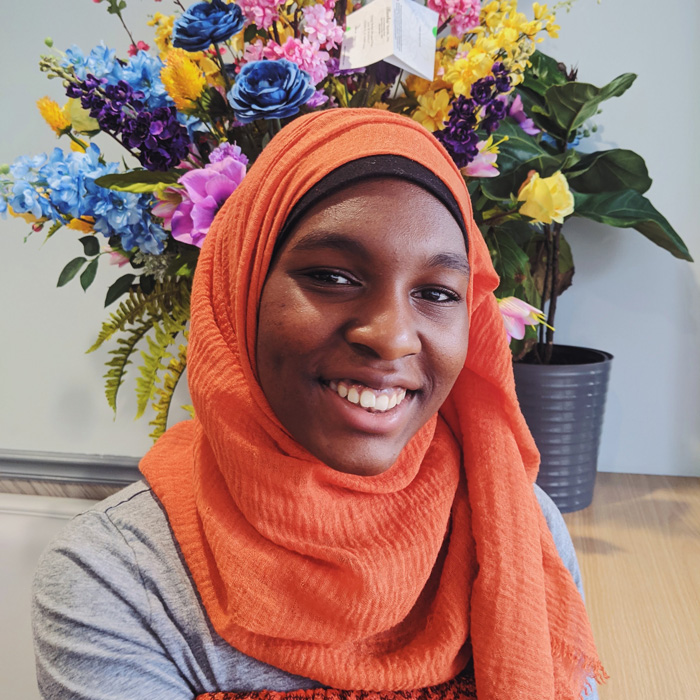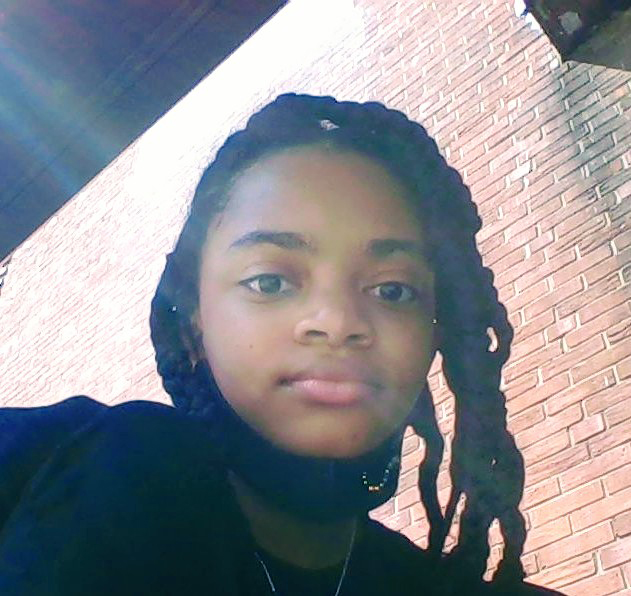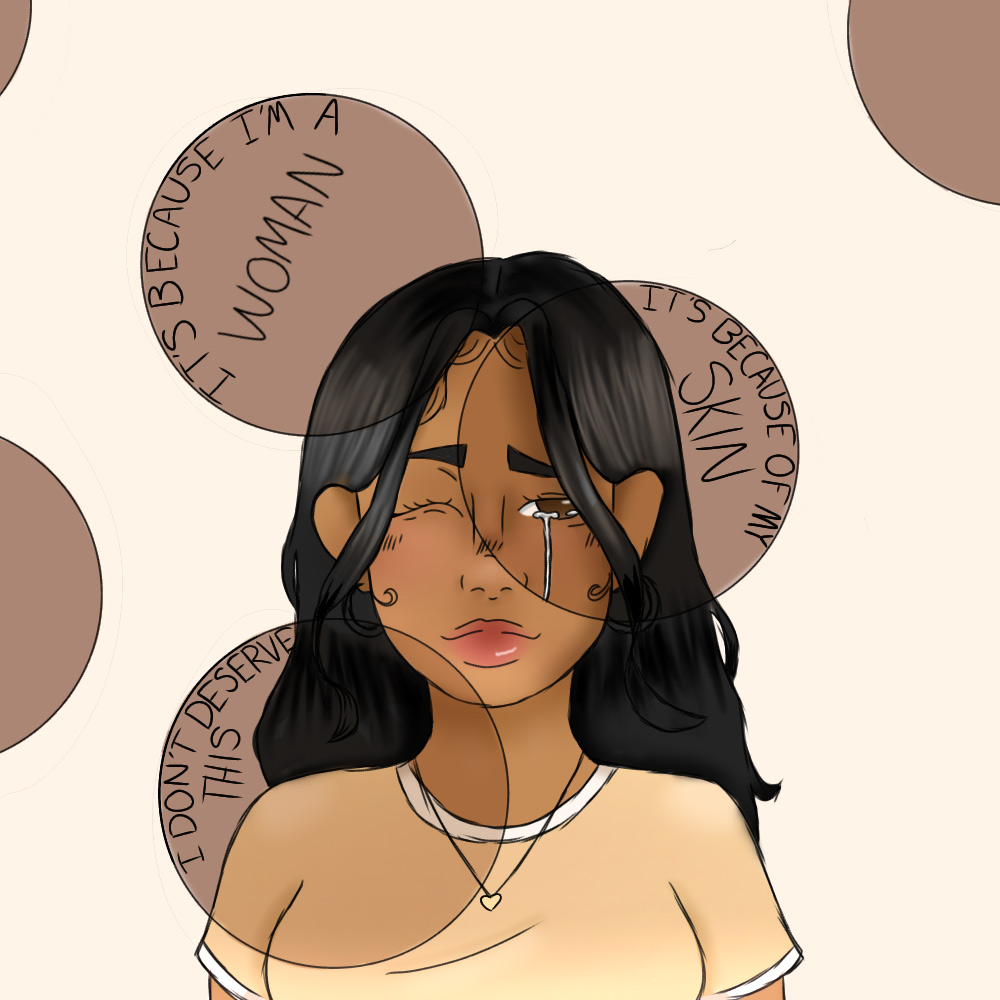by Rasheedah Na’Allah
No one is immune to Imposter Syndrome, but the feeling is different for everyone.
As I mature and become more involved in my community, there has been an increase in the number of achievements and acknowledgments I receive. People around me constantly voice how proud they are of me and how I deserve the accolades I am receiving. I try my best to accept the praise with pride, but in the back of my mind, I cannot help but question if I really do deserve all the accomplishments that have come my way. I question if people are actually proud of me or if they feel obligated to congratulate me. I question if I have just been lucky and if one day, people will notice that I am not as qualified as they thought. As I dig deep into this feeling, I realize that a lot of this sentiment relates to something that many people—especially BIPOC women—experience daily: Imposter Syndrome.
In an article published by Medium, Dr. Leilani Carver-Madalon, professor of strategic communication and leadership, defines imposter syndrome as the experience of someone who “feels like a fraud, intellectually and/or professionally. People who are experiencing imposter syndrome feel like they are not good enough, like they don’t belong and/or that they are a fraud, and it is only a matter of time before they will be found out.” For many Black women, it is not uncommon to face microaggressions, discrimination, and feelings of displacement inside and outside of the workplace and school. For example, when a cashier assumed my sister was on food stamps, or when my hard work was questioned by a teacher as if it could not have possibly been mine.
Imposter syndrome becomes more prevalent when Black women and girls do not see people like them in professional fields or on high honor rolls at school. Research shows that Black professionals account for just 3.2 percent of senior leadership positions at large companies based in the United States.
There are two important things I continue to tell myself whenever I feel like I am giving in to imposter syndrome. One is that it is okay to make mistakes. People often associate self-worth with perfectionism and it is very easy to fall into self-depreciation with this behavior. Realize that you are working hard but you are still human, and sometimes you have to make mistakes to succeed at an even higher level than before. Another tip is that we should learn more about Black achievements in America’s past. Whether that is a well-known woman of color like Rosa Parks or someone more underrated like Ursula Burns—the first Black woman CEO of a major company—it is important that the world sees these multifaceted women and realize we have the capacity to do it like them.
Talisa ‘Tali’ Lavarry was quoted in an article by Darreonna Davis of CNBC, in which Lavarry summarized the sentiment perfectly: “Just remember that we are all human… There’s no sense in you feeling like you are undeserving; you are in the room. Somehow, you got in there. I don’t care how it happened [or] if it was by chance. You are in the room. Work it. You belong there.” Put simply, even when we feel like an imposter, we do in fact belong.
About Rasheedah Na’Allah

Rasheedah Na’Allah is a senior at Dunlap High School in Peoria, Illinois. She is the youngest of her 3 siblings and enjoys the benefits of being the “baby of the house.” Her Nigerian and Muslim upbringing has led her to be resilient and outspoken in her beliefs. Rasheedah is a dedicated student who is a part of the National Honors Society and loves to be active in her community. She planned a diversity assembly at her school in front of the entire student body, formed an extensive research project on racial disparities and inequities in the education system, and has been appointed into the Peoria County Board’s Racial Justice and Equity Commission. She has also served as Dunlap’s representative to engage and network with young state leaders attending the 2020 Illinois Senator Youth Leadership Council. Rasheedah is the founder of her school’s Muslim Student Association, leads in foreign language club, and is a strong member of the color guard team. Outside of school, she enjoys volunteering and regularly posts on her cooking page through social media. She started her own book club and enjoys reading and discussing books by BIPOC authors. She hopes to pursue Business, Health, and Wellness during her college years and is extremely honored to write for the Giving Voice Initiative.
Art by Qaasaani Little

Qaasaani Little is a freshman at Richwoods High School. Little is a member of Student Leadership Team and Student Council. She has loved art for as long as she can remember, including painting and drawing. Little’s artwork is for sale. She also loves animals, after school activities, and is inspired by her mom for always pushing her to do my best.

